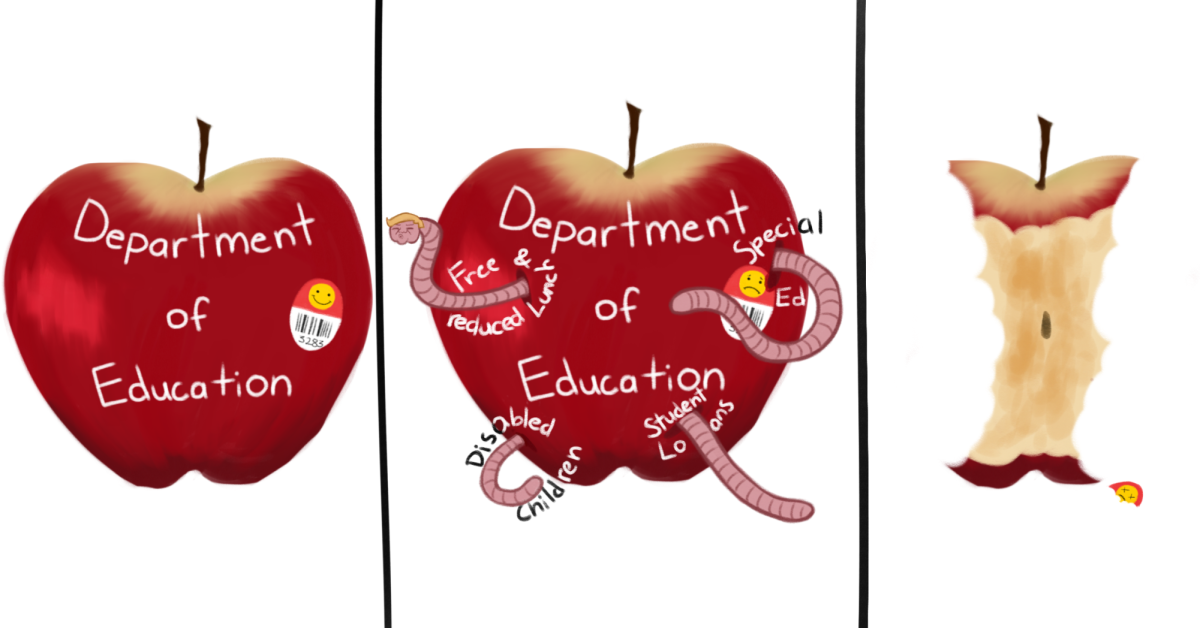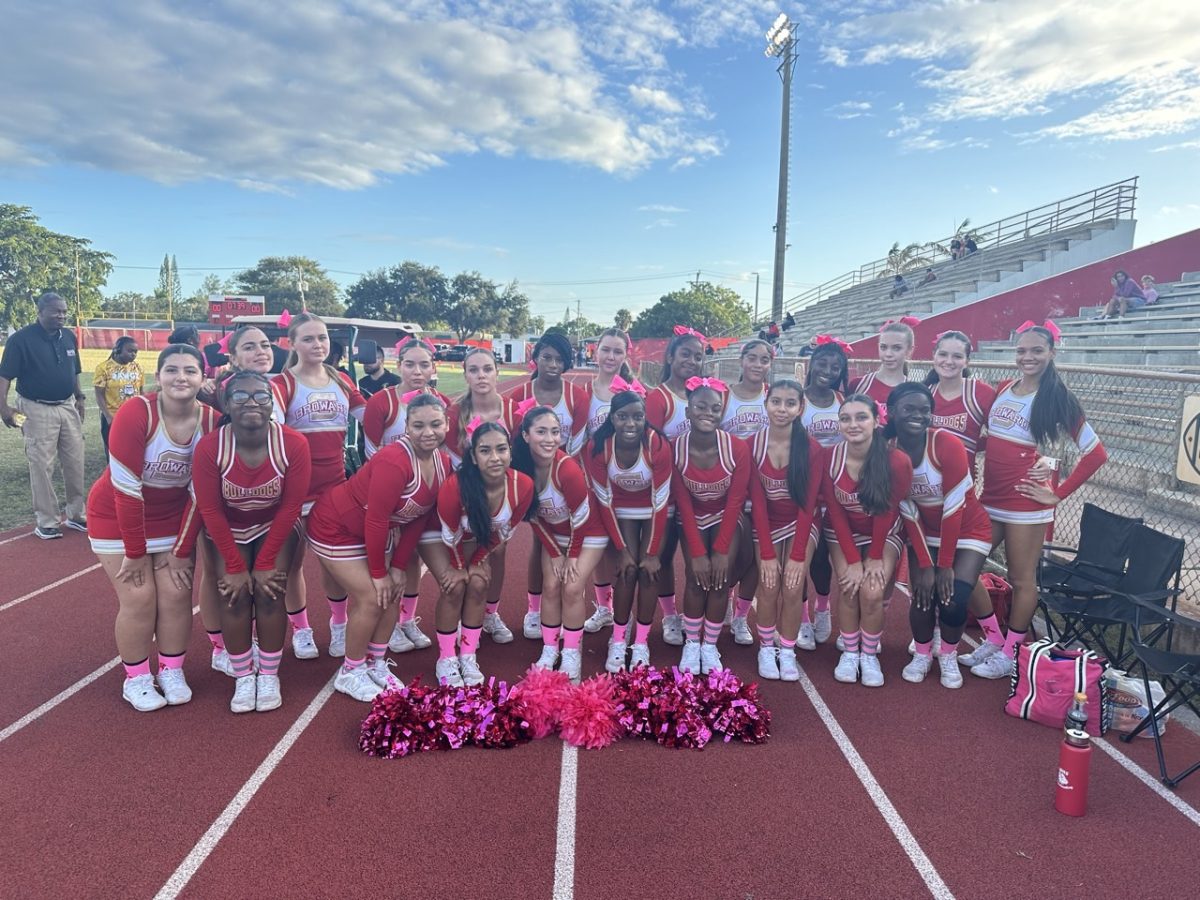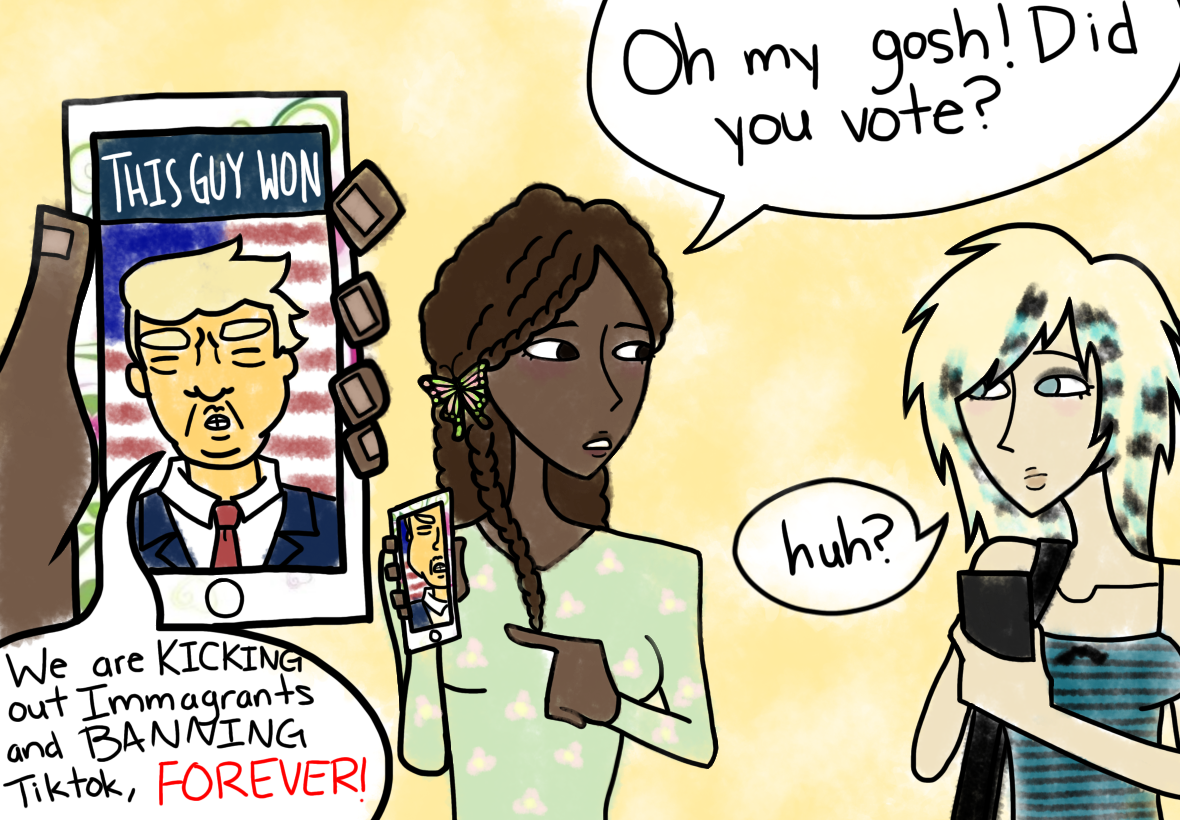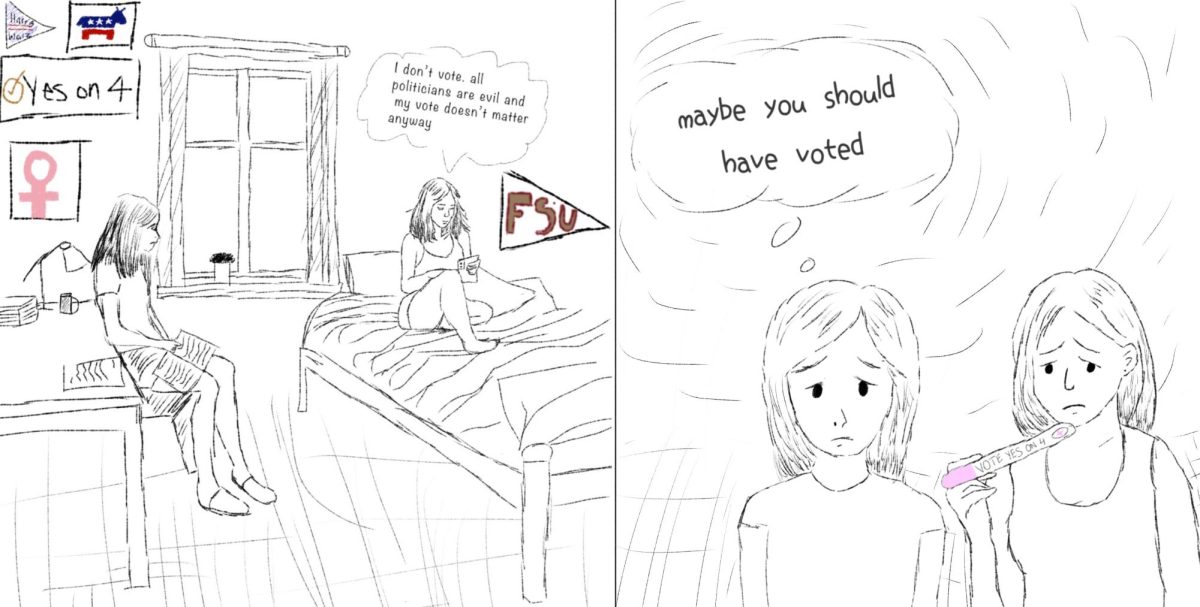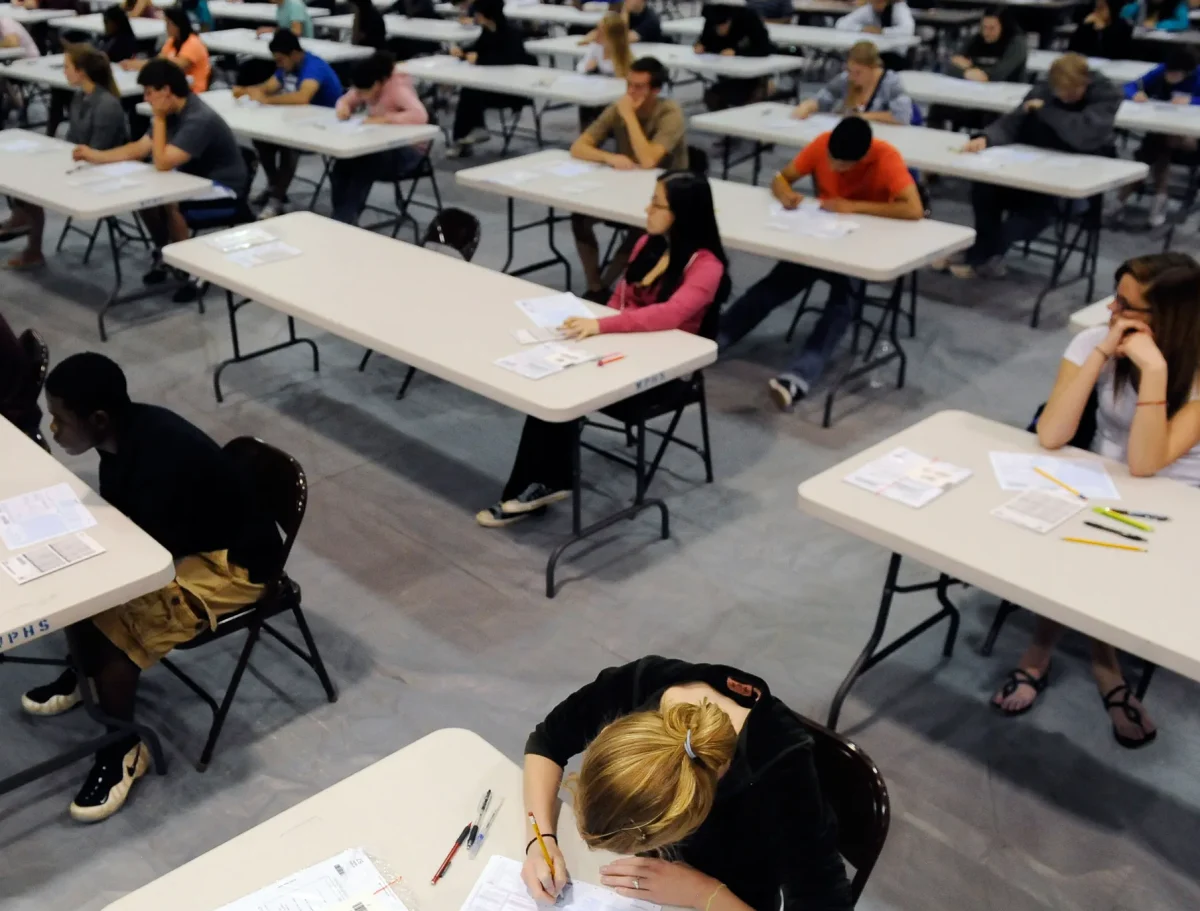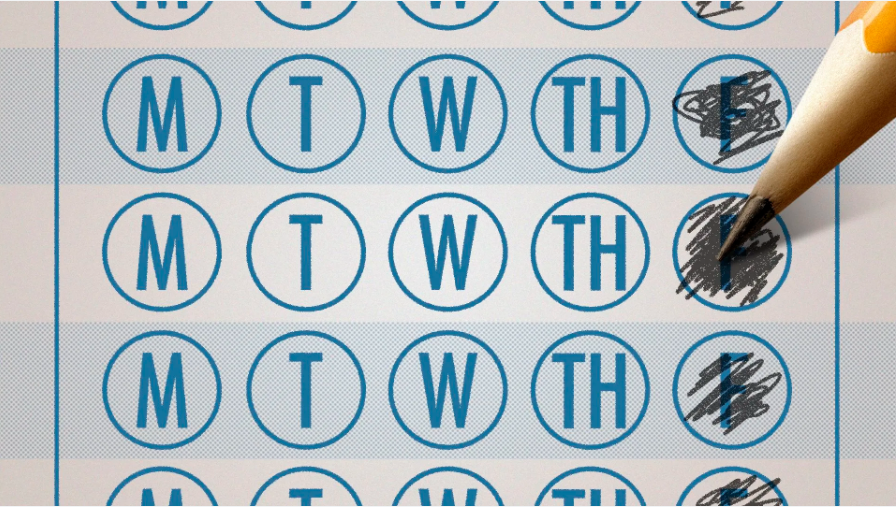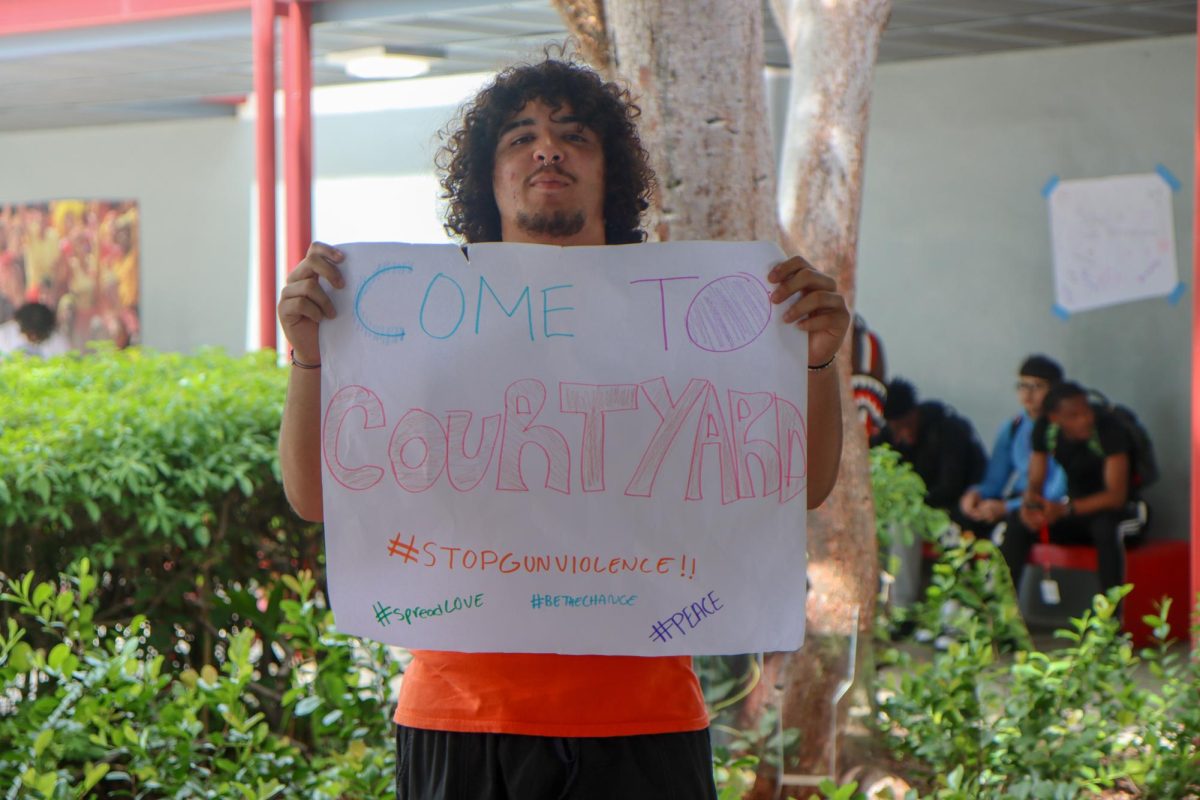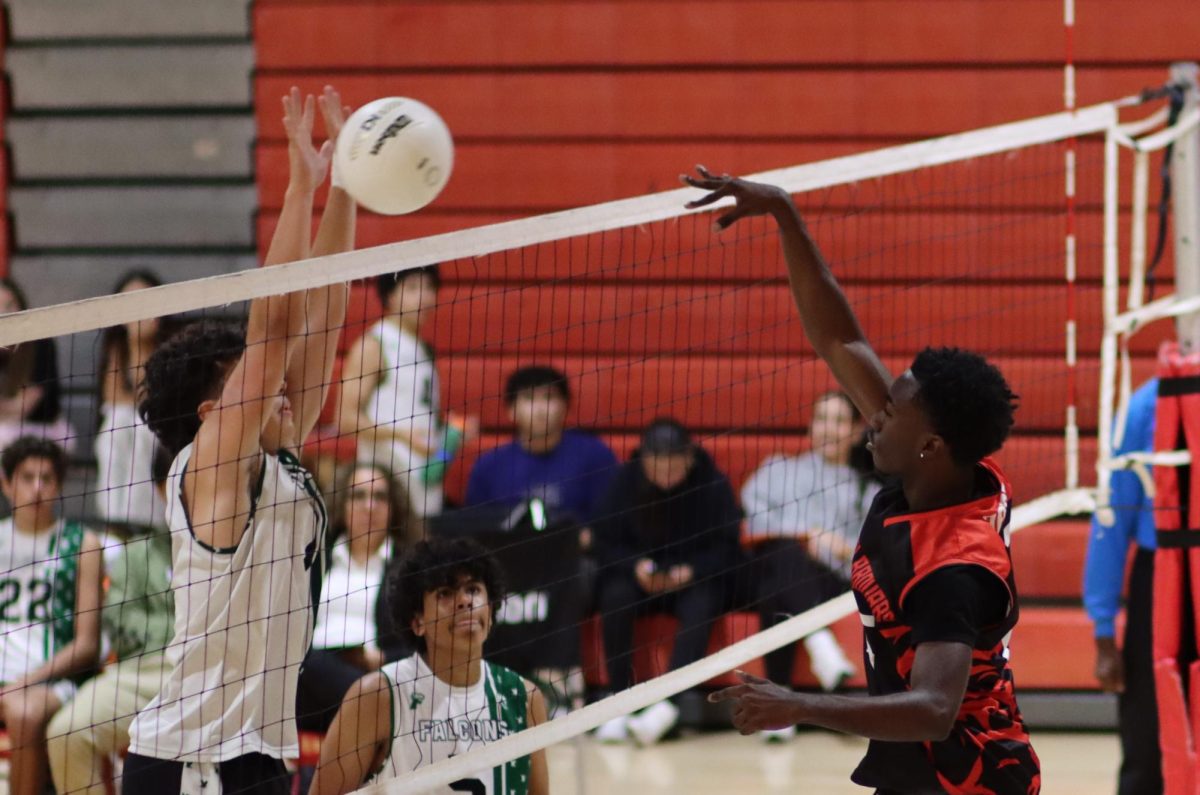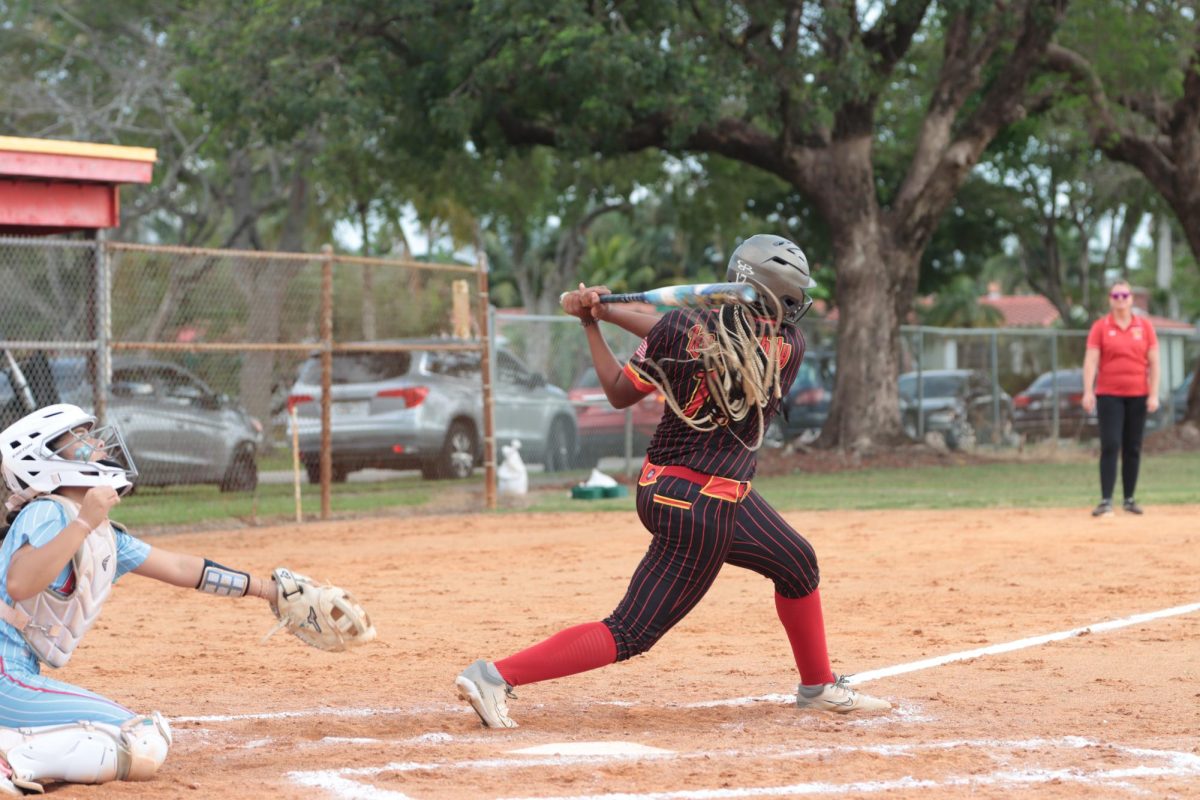Last week, Florida House Bill (HB) 1225, was indefinitely postponed and withdrawn from consideration. Proposed by Representative Monique Miller from the Florida House of Representatives in the 33rd district, this bill would have removed the need for parental consent for minors aged 16-17, who are in high school, to work an unlimited amount of hours and days consecutively. It passed the House of Representatives vote, but died in the Senate. As working high school students, we are relieved.
If it had passed it would give more reason for employers to take advantage of minors. With the withering away work-force due to the mass deportations, poor working conditions, and low wages that are occuring, student workers are the target audience to compensate.
With any new law that gets passed, we will see an adjustment period, with employers having to shift schedules and expect longer work hours from minors. People may see more high school aged kids working throughout the school day than instead of being in school. Also, since the bill practically removes protections against the exploitation of minors, employers basically have free reign when it comes to overworking their employees.
In Representative Miller’s description of the bill, she argues that “parents know what is best for their children and should have the freedom to decide what working environments are appropriate for their children.” However, when we actually look at the outlined bill, it would effectively remove any parental authority over their child’s work hours for minors. Although touted as a way for parents to have a say in their child’s lives, the bill is actually a way for businesses to take advantage of minors who don’t know their worker’s rights and will likely accept any mistreatment as being “a part of life.”
A standard work week for an adult in America is 40 hours. In practice, this looks like having a 9 to 5, Monday through Friday; a schedule that still leaves enough time for family, friends, and other responsibilities. Now imagine adding a seven hour school day, five days a week, on top of your 40 hours. It probably seems ridiculous, and impossible to build a functional schedule around. While a parent could in theory still prevent their child from working excessively, there would be no legal backing to any concerns they may have. Under the current law, students aged 16 to 17 need their parents or schools consent to work an unlimited amount of hours. For a conservative representative that strongly believes in parents having a say in their child’s education, it seems hypocritical to take away their say when it comes to their student having a part-time job, something that would definitely have an impact on their school responsibilities. This becomes even more relevant if this bill did pass, as minors would also lose their mandatory 30 minute break.
As highschool students with jobs, we don’t really mind the loss of the 30 minute breaks. With lifeguarding, there are rotations that allow at least one guard to not be on stand at a time for roughly 15 minutes. This is considered a paid “break” of checking in swim lessons or netting the pool from leaves. So this does not really apply to lifeguarding but it may to other jobs like in the food industry or the retail realm.
Working in a restaurant as a waitress is a job that many high school students have. Right after school, kids work at least 6 hours straight. The removal of these breaks can be detrimental towards the kids who work these jobs. Going straight from school to work, kids are already tired and hungry and sometimes don’t have enough time to get something to eat. Without these breaks, all the stress from a school and work day can build up quickly, sometimes causing students to feel like they have to choose one or the other. School can begin to feel optional for kids who prioritize working over their education. They can see the immediate benefits of their efforts in a paycheck, whereas they may see school as a long uphill marathon with the finish line being high school graduation, miles away.
As a whole we need to protect minors from the constant effort to exploit them and their lives instead of addressing the actual issue, which is businesses underpaying their full-time adult workers, creating the void that needs to be filled by high school kids.



